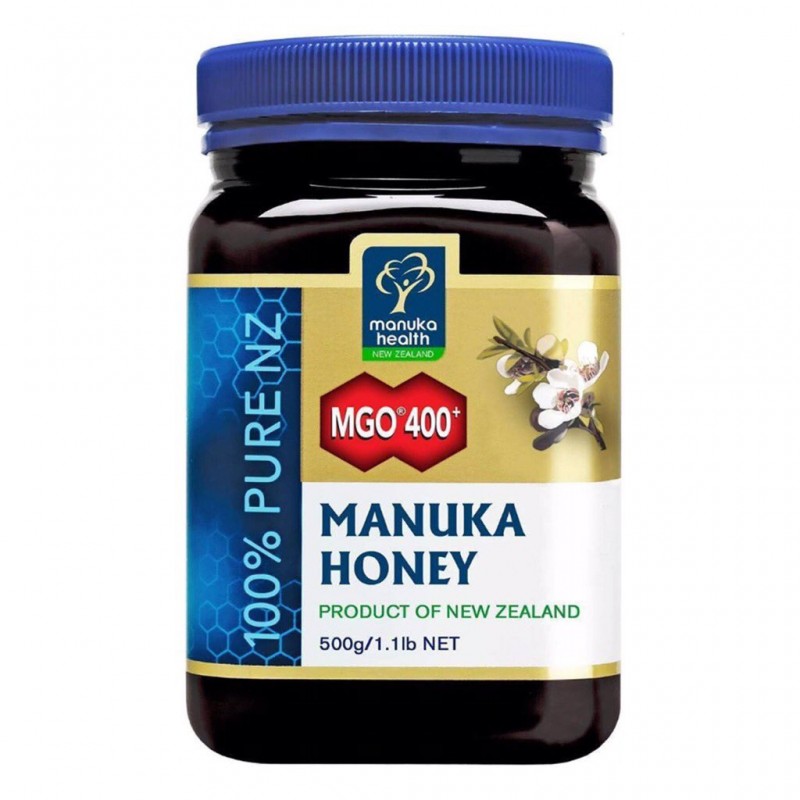Turmeric and its health benefits
Turmeric contains bioactive compounds with powerful medicinal properties. It has been used in India for thousands of years as a spice and medicinal herb. Recently, science began to support what the Indians have known for a long time - it actually contains compounds with medicinal properties, these compounds are called curcuminoids, the most important of which is curcumin. Curcumin is the main active ingredient in turmeric. It has powerful anti-inflammatory and powerful antioxidant effects.
Scientists now believe that chronic low-level inflammation plays a major role in nearly every Western chronic disease. This includes heart disease, cancer, metabolic syndrome, Alzheimer's disease, and various degenerative conditions. Therefore, anything that can help fight chronic inflammation is of potential importance in preventing and even treating these diseases. Curcumin is a powerful anti-inflammatory. In fact, it is so powerful that it rivals the effectiveness of some anti-inflammatory drugs, without the side effects.
Turmeric significantly increases the body's antioxidant capacity
Oxidative damage is thought to be one of the mechanisms underlying aging and many diseases. It includes free radicals and highly reactive molecules with unpaired electrons. Free radicals tend to react with important organic matter, such as fatty acids, proteins or DNA. The main reason antioxidants are beneficial is that they protect your body from free radicals. Curcumin is a powerful antioxidant that can neutralize free radicals due to its chemical structure. In addition, curcumin enhances the activity of the body's antioxidant enzymes.
Curcumin enhances brain-derived neurotrophic factor, which is linked to improved brain function and reduced risk of brain disease. In the past, it was believed that neurons were not able to divide and reproduce after early childhood. However, it is now known that this actually happens. Neurons are able to form new connections, but in certain areas of the brain they can also multiply and increase in number. One of the main drivers of this process is brain-derived neurotrophic factor, a type of growth hormone that acts in the brain. Many common brain disorders have been linked to low levels of this hormone, including depression and Alzheimer's disease. Interestingly, curcumin can increase levels of this agent in the brain. By doing so, it may be effective in delaying or even reversing many diseases. The brain and age-related decreases in brain function.
Curcumin reduces the risk of heart disease
Heart disease is the number one cause of death in the world. Researchers have studied it for many decades and learned a lot about why it occurs. Curcumin may help reverse many steps in the heart disease process. Perhaps the main benefit of curcumin when it comes to heart disease is to improve the function of the endothelium, the lining of the blood vessels. Endothelial dysfunction is known to be a major cause of heart disease and involves the inability of the endothelium to regulate blood pressure, blood clotting, and various other factors. Several studies indicate that curcumin leads to improvements in endothelial function. One study found it to be as effective as exercise while another showed it to work as well as atorvastatin, a drug for treating high blood cholesterol.


